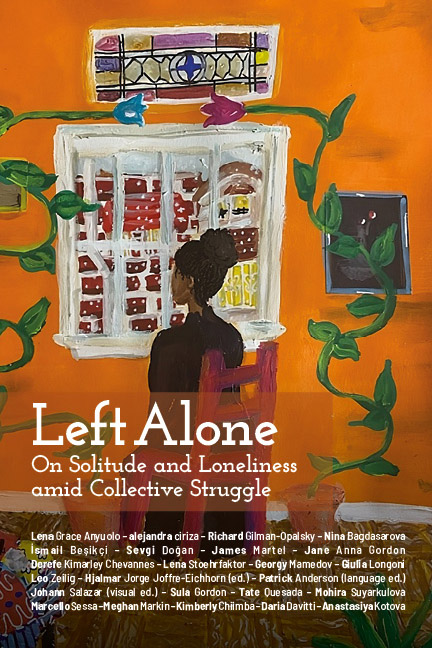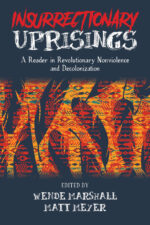In Decolonization and Afro-Feminism, Sylvia Tamale presents a powerful and urgent call for Africa’s intellectual, cultural, and political liberation through an Afro-feminist lens. The book critically examines how colonialism has deeply entrenched systems of oppression—based on race, gender, sexuality, class, and knowledge production—and argues that true decolonization requires more than political independence; it demands a radical rethinking of African identities, histories, and futures.
Tamale challenges Eurocentric and patriarchal frameworks that continue to dominate African societies, institutions, and academia. She explores themes such as:
-
The coloniality of gender and sexuality, using case studies like Caster Semenya to expose how Western norms pathologize African bodies.
-
The importance of intersectionality in understanding overlapping systems of oppression.
-
The role of Afro-ecofeminism in reconnecting African ecological wisdom with social justice.
-
The need to decolonize African academia, law, and family structures to recenter Indigenous knowledge and epistemologies.
-
The potential of Ubuntu as a framework for justice, community, and relationality.
The book is both a scholarly critique and a visionary roadmap, emphasizing that decolonization must be a feminist, inclusive, and holistic project—one that reclaims Africa’s dignity, autonomy, and intellectual sovereignty.
Written with clarity and passion, Decolonization and Afro-Feminism is essential reading for students, activists, scholars, and anyone committed to understanding and advancing Africa’s liberation in the 21st century.










Stevphen Shukaitis
This is a wonderful and timely book, exploring issues around solitude, solidarity, and loneliness that are not as much discussed as they should be. Reading it reminds me of a wonderful Emma Goldman quote where she says the problem ‘that confronts us today, and which the nearest future is to solve, is how to be one’s self and yet in oneness with others, to feel deeply with all human beings and still retain one’s own characteristic qualities.’ Goldman was wresting this over one hundred years ago, and that’s still very much the issue. Thankfully with this book we get some ways to thinking through that very question.—Stephen Shukaitis
Yusuf Serunkuma
Daraja Press’ recent publication, Left Alone: On Solitude and Loneliness amid Collective Struggle covers commendable ground on this discussion of the subject of loneliness and solitude in struggles supposedly meant to be engaged in collectively. The book is a massive collection of fairly short pieces, but heartfelt, mostly personalised contributions by writers and activists from across the world: Kenya, Argentina, Italy, the UK, the United States, Turkey, Kyrgyzstan, Germany and several others. The contributors are from different backgrounds ranging from poets, theatre, academia (with topics such as Marxist political thought, communism, racial discrimination), and general activism. They capture struggles in the academia and public intellectualism, in the trenches of authoritarianism, on the streets of the capitalist world or all of them together at once. The book playfully but powerfully incorporates several genres of literary expression, ranging from poetry, painting to prose writing.—Yusuf Serunkuma, Review of African Political Economy: https://roape.net/2023/07/25/you-are-not-alone-the-quest-for-solidarity/
Asylum: Magazine for Radical Mental Health
“The book raises an important question about what we are living through now, even if the contributors do not all answer it, and in some cases, I feel, avoid the question, wanting perhaps to talk about successes instead of dwelling on failures. This is, however, a good beginning. It is worth reading and connecting with some of the initiatives that help us to see distress and health as matters that are political and personal.” From book review in Asylum: Magazine for Radical Mental Health and in Anti-Capitalist Resistance.
Husna Rizvi
… this is a work of great range, pulling together writings from the likes of Langston Hughes, Walter Benjamin and Audre Lorde with the grim reality of the psycho-affective despair that persists on the Left. It insists we must not dismiss this problem – but sit with it, together. — Husna Rizvi, New Internationalist, July-August 2024.